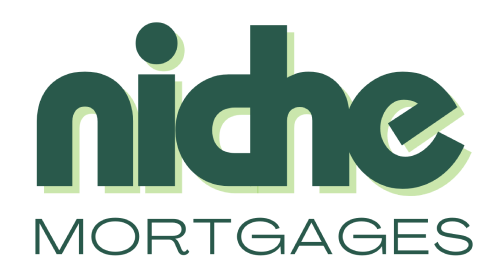When you’re planning to buy a home, the mortgage is often the first expense that comes to mind. However, owning a home involves more than just your monthly loan payments. From property taxes to maintenance costs, understanding the full financial picture can help you budget effectively and avoid surprises. Here’s a breakdown of the true costs of homeownership that go beyond your mortgage.
Property Taxes
Property taxes are an unavoidable part of owning a home. These taxes are based on the assessed value of your property and vary depending on your location. Municipalities use property taxes to fund services like schools, road maintenance, and emergency services. It’s essential to research the tax rates in your area and factor this into your annual budget. In most cases, property taxes are paid annually or added to your monthly mortgage payments.
Home Insurance
Protecting your home is critical, and home insurance is a must for all homeowners. Most lenders require proof of insurance before approving a mortgage. Home insurance covers risks like fire, theft, and natural disasters. The cost of your policy depends on the size, location, and condition of your home, as well as the coverage you choose. Be sure to compare policies to find one that fits your needs and budget.
Utilities and Services
Owning a home means paying for utilities, including electricity, water, heating, and garbage collection. These costs can vary based on the size of your home, energy efficiency, and local service providers. Additional expenses, such as internet and cable, should also be considered. Unlike renters, homeowners are fully responsible for all utility bills, so it’s important to budget accordingly.
Maintenance and Repairs
Homes require ongoing maintenance to stay in good condition. Tasks like cleaning gutters, servicing HVAC systems, and repainting can add up over time. On top of regular upkeep, unexpected repairs such as fixing a leaky roof or replacing an aging appliance can be costly. Experts recommend setting aside 1% to 2% of your home’s value annually for maintenance and repairs to avoid being caught off guard.
Homeowner Association (HOA) Fees
If you purchase a home in a community managed by a homeowners’ association (HOA), you’ll likely need to pay monthly or annual HOA fees. These fees cover shared amenities like pools, gyms, landscaping, and security. While they add value to your property, they are an additional expense to consider when budgeting for your home.
Landscaping and Outdoor Maintenance
Maintaining the exterior of your home is another ongoing cost. Lawn care, snow removal, pest control, and landscaping improvements all come with expenses. If you prefer to handle these tasks yourself, you’ll need to budget for tools and equipment. If you hire professionals, the costs can increase significantly, depending on the size of your property.
Appliances and Furniture
When you move into a new home, you may need to purchase appliances or furniture to fill your space. While some homes come with appliances like refrigerators or washers and dryers, others may not. Furnishing your home to suit your style and needs can be a significant upfront cost, especially for first-time homeowners.
Renovations and Improvements
As your needs or tastes change, you might decide to renovate or improve your home. Projects like remodeling a kitchen, adding a deck, or finishing a basement can significantly enhance your home’s value but come with a price tag. Planning for these potential expenses will help you manage your finances more effectively over the years.
Emergency Fund for Homeownership
Unexpected situations, like natural disasters or sudden major repairs, can strain your finances. Building an emergency fund dedicated to home-related expenses can provide peace of mind and financial stability when the unexpected happens.
How to Budget for the True Costs of Homeownership
To prepare for the full financial responsibilities of owning a home:
- Research Costs in Advance: Understand the typical property taxes, insurance rates, and utility costs for the area where you plan to buy.
- Save for Maintenance: Set aside 1% to 2% of your home’s value each year for repairs and upkeep.
- Plan for Upgrades: Allocate a portion of your budget for future renovations or improvements.
- Build an Emergency Fund: Aim to save three to six months’ worth of home-related expenses to cover unexpected costs.
Ready to Explore True Costs of Homeownership?
Owning a home involves more than just mortgage payments. Property taxes, insurance, utilities, maintenance, HOA fees, and unexpected repairs all add to the cost of homeownership. Planning for these expenses and building an emergency fund can help you manage the financial responsibilities and enjoy the benefits of owning a home.
Understanding the true costs of homeownership is key to making informed decisions. If you’re ready to take the next step, Contact Niche Mortgages today. Our team can guide you through the homebuying process and help you find the right mortgage for your needs!
About the Author

Jonathan Yien
Jonathan Yien is a seasoned mortgage broker at DLC Clear Trust Mortgages with a rich background in financial advising from his time at TD Canada Trust. He is dedicated to helping clients achieve their financial and homeownership goals.

